Check out the Assembly’s “About Treaty for Victoria” web resources here
Charles Pakana:
On the 13th of January this year, the state government and the First Peoples’ Assembly of Victoria released a joint media release stating that they had determined what were the key points to be in discussing the first iteration of the Statewide Treaty here in Victoria. Joining me today to talk about this once again is co-chair of the First Peoples’ Assembly of Victoria, Gunditjmara man, Rueben Berg.
Rueben, thanks for joining us on the program again.
Rueben Berg:
My pleasure, as always.
Charles:
Reuben, we’ll get straight into it. There are a number of key things that were highlighted, a few surprises, but what I noted in particular was that the key focus point, above everything else, and we’ll go into the other points in a while, was that we’re talking about Assembly 3.0, essentially; the next iteration of the Assembly. Can you talk a little bit about that, and then we’ll dive into it. So why is that, first of all, one of the most important things to start talking about right now?
Rueben:
Yeah, I guess it’s important to flag that that’s the first subject matter, as you said, and we are continuing to work through additional subject matters. But this is something we’ve been working very hard on across many years now, to have conversations with community about what we might be able to achieve through this First Statewide Treaty and ensuring that there is a body that exists within the state that has the capacity to be a decision-making body, a body that can hold the government accountable; a government that can represent First Peoples’ voices.
That’s seen as a really critical thing that we can achieve through this First Statewide Treaty, and that’s why the evolution of the Assembly from where we started as the body that was just to work out the process for Treaty-making to now be the body that’s negotiating Treaty, to then be the body that can actually be that decision-making body within the state, that body that can hold the government accountable, that body that can represent the views of First Peoples. That’s the critical stage we’re at now.
Charles:
It takes me back to the 2018 Advancing the Treaty Act. Obviously the First Peoples’ Assembly, or the Aboriginal Representative Body as it was known in that particular document, it’s now a far cry, or it’s going to be a far cry from that ARB. What are some of the key specifics, do you think, that will be changing in Assembly 3.0, aside from obviously the responsibilities of the Assembly? Because as you mentioned, we’re talking about taking some of that decision-making from the government. Something you’ve been very open about over the past couple of years. But what are some of the specific changes that you would see in Assembly 3.0?
Rueben:
That’s a good question, and I think one of the fundamental changes will be we’ll have to be much, much more accountable to our own community. I think there’s a good level of accountability now, but as we move to an enhanced Assembly, that need for us to be really held accountable as members for the work that we’re doing will grow and grow and grow, and rightfully so. So I think that’s one thing we will see shift, actually, in terms of the level of accountability. The level of transparency will need to increase around how the Assembly does its business, to make sure that our community has the confidence that this is a representative body that’s doing the right thing for them.
Charles:
How do you imagine that accountability will actually be seen? Because it’s all well and good to say it, but how’s it actually work out?
Rueben:
Yeah, I think a key way that we’ll be able to do that is harnessing the role of the elder’s voice. I think it’s one thing to have to turn to your colleagues and say how you’re being accountable. It’s another thing entirely to have to turn to the elders from your region to tell them what you’ve been doing and have them hold you accountable for the work you’re supposed to be doing. I think that would be a useful thing to be able to bring forward into that future Assembly.
Charles:
At the other end of the spectrum, what about the young voice?
Rueben:
Yeah, absolutely. We are looking at all the different ways we can ensure all the diversity of voices have a significant impact on the work of the Assembly. So that includes looking at formal mechanisms we can make sure are in place, enhancing the form of mechanisms we have in place for elders and for youth, but also making sure there’s really strong capacity for the ATCO sector to have their voice inputted into the work of the Assembly, for traditional owner groups here in Victoria and also for non-Victorian traditional owners, to make sure that their voices are heard in the work that we’re doing as the Assembly.
Charles:
I’ll be somewhat cynical in this. It does sound like you’re building quite a bureaucracy, essentially. Is that something that’s going to be required in order to achieve what you need to achieve in this current environment?
Rueben:
From my perspective, I’m always mindful of only building as much bureaucracy as needed. We don’t want to become overly bureaucratic. It’s really powerful to have in our chamber so many strong voices saying, “How do we do this culturally? How do we make sure we’re not just using a cookie-cutter approach of how government would do this? How are we making sure we’re drawing on the wisdom and the knowledge from our cultures, to bring that to these conversations?” That’s always an important consideration in the work we’re doing.
Charles:
Have you expected or anticipated a particular growth in staffing numbers as a result of this?
Rueben:
I would imagine so, but haven’t looked at that in specific details at this stage.
Charles:
And what about the election processes? The election processes have run quite well over the past two elections. Do you see that there will be a change in eligibility and processes for Assembly 3.0? Because it’s only 18 months off, or less than 18 months off, really, for the elections.
Rueben:
Yeah, that’s something we’re looking at at the moment, analyzing and understanding what are the strengths of our current systems, where are there opportunities to enhance the way that we’re currently doing, but also making very sure that we’re setting up the structures for this new Assembly in a way that provides flexibility. Because we know we can’t just get it right the first time around, so how can we build it in a way that enables it to adjust and change and say, well, actually this tweak might be beneficial. So we’re always mindful of that.
Charles:
The main thing with Assembly 3.0 is it’s going to be digging its heels in. This is the Assembly that’s going to be around for a long, long time. Essentially you seem to be standing up for as long as there’s a government, there’s going to be a First Peoples’ Assembly of Victoria. Is that a fair assumption?
Rueben:
I think that’s a fair assumption.
Charles:
Okay. All right. What are some of the key areas that you believe that the Assembly 3.0 would need to be looking at when it comes to decision-making? And I know we’ve discussed this a fair bit over the past couple of years, but let’s just reiterate some of those key specific areas.
Rueben:
In terms of the decision-making powers that we think should be held by Assembly 3.0?
Charles:
Correct. Yeah.
Rueben:
And so obviously it’s important to caveat that in an important way, in that this is the position of the Assembly at this stage that we’re bringing to negotiations, and there’s a certain level of awareness we need to have of the situation. We’re going to sit down with another party and have these negotiations, and that’s a private conversation that needs to be had, but happy to share some of our own internal thinking about what we think could be achieved through this process. And a key one has always been around the appointment powers. So we know that within government, rightfully so over a number of years now, the government has started to identify that actually they want designated roles for First Peoples in leadership within government.
Charles:
Sure.
Rueben:
And that’s been identified, and I’ve been very fortunate myself to hold some of those positions within government, but from our perspective, it doesn’t make sense that the government should be appointing those people. It should be a First Peoples’ representative body that says this is the person who our community thinks should fill that role.
Charles:
Are you talking about within the established bureaucracy of the state government?
Rueben:
That’s right. So a really clear example would be the Heritage Council of Victoria.
Charles:
I was waiting for that one to come up.
Rueben:
Not the Aboriginal Heritage Council. I’m talking about the Heritage Council of Victoria. They have a dedicated role for an Aboriginal person on that Heritage Council so that when they’re considering matters of heritage for the whole state, they have a specific Aboriginal voice around the table to have that expertise. That’s a role that we think should be appointed by a First Peoples’ body.
Charles:
I think that’s obviously where transparency is going to come into it quite a little bit, because the decision-making that’s then undertaken within the Assembly itself is going to be subjected to a lot of questioning from community. We know that for a fact. How do you anticipate that that transparency is actually going to be put into place, given that there’s a lot of stuff that’s got to be kept under wraps?
Rueben:
Yeah, that’s a really good question. And it’s always that balance between looking at what are the current models within the Western system, what are those things that are useful to say, yeah, that’s a useful tool we can bring to the table. And so an example would be that you have Hansard in Parliament. You have a record of who said what and when they’ve said it, and you have people can just wander in and sit there and listen to the Parliament. But then you also have things like Cabinet where that’s done in secret. That’s where the ministers all come together and make key decisions there. So there are elements of that I think we’ll need to consider how that operates within Assembly 3.0.
Charles:
Do you see that there is an opportunity for open executive meetings, open board meetings?
Rueben:
That’s definitely something that can be on the table.
Charles:
And Hansard, an equivalent to Hansard?
Rueben:
That’s definitely something we’ll have to consider. Like I said, this representative body that we’re looking for will not be strong if it doesn’t have the support of its community. And a key element of getting support from your community is that sense of trust and that sense of transparency and that sense of accountability.
Charles:
One of the other key points I noticed which was particularly interesting in these current key points was talking about the accountability mechanisms for closing the gaps. Now, Victoria already has a Closing the Gap implementation plan ’21, ’23, and I think which has been extended out to June 2025. Is that what we’re talking about here?
Rueben:
No. I think we’re talking about something stronger than that. I think we’re drawing from an Assembly perspective. We’re drawing from the really powerful work that was done by the Productivity Commission last year at the Commonwealth level, where they did that analysis of closing the gap and they identified there were four key areas where things needed to change to ensure that we could actually be closing the gap. And one of those key areas was around an independent accountability mechanism, independent from government, to actually be monitoring and reviewing and seeing how is the government actually performing and holding them account to that.
And that’s the sort of thing we’re looking at putting in place. And VACCHO have been doing a lot of work of that, along with the Lowitja Institute, around what an accountability mechanism could be as well. And so we’re drawing from all that past experience around what an independent accountability mechanism could look like that’s going to be able to ensure that government is delivering on the things it’s supposed to be doing.
Charles:
So there were 19 socio-economic targets established in closing the gap. You’ve mentioned four. Are we talking about four areas, or?
Rueben:
No. So this is at a higher level than the 19.
Charles:
Right. Okay. So what are those four key areas you’re talking about?
Rueben:
I know two of them very well off the top of my head. One of them is around ensuring greater decision-making powers for First Peoples-
Charles:
That doesn’t surprise me. Yep.
Rueben:
… is what we’re trying to achieve. The other is about accountability. And I think the third one is around data as well, and the fourth one is [inaudible 00:10:31].
Charles:
So data sovereignty?
Rueben:
And that’s another key thing we want to bring to the table through that accountability mechanism.
Charles:
One other key point that was brought up in the media release was that part of the negotiations, or the discussions, would be working out dispute resolution. Now, when I looked at that, I thought, “Well, isn’t that what the Treaty Authority is there for?” Aren’t we now reinventing the wheel, or am I missing something?
Rueben:
This is just particularly not as it relates to disputes during the Treaty-making process. That’s a clear role for the Treaty Authority. This is about once there’s a Treaty in place, if a party’s not abiding with the Treaty, nothing’s stipulated as yet about what that process looks like. Now, you would imagine there’s going to be a role for the Treaty Authority, but exactly what that looks like, the Treaty negotiation framework doesn’t articulate that. So that’s the areas we’re going to need to move into in negotiations.
Charles:
Truth-telling. Let’s go to truth-telling. It was so obvious that was in there as well, and that’s great to see. That’s something you and I have discussed, and I’ve also discussed that with Sue-Anne Hunter. She’s very, very keen to see this continuing. Any further light on that in particular, or is this something we’re going to have to talk about down the track? But what are your aspirations? What can you share about that?
Rueben:
Yeah, I think the Assembly’s articulated our aspirations around this, particularly in our public-facing brief that we put out a little while ago now. And one of the key things in terms of that ongoing truth-telling is, first off, being a repository for all the truths and the knowledge that’s been gained by Yoorrook so far, to make sure that that sits somewhere that’s held by a First Peoples institution, and then to be able to ensure that community can continue to come forward and share their truths.
And for me, from a personal standpoint, I’m really keen to see how we can have truth-telling continue to roll out in a place-based approach. We’ve had thematic areas, so we’ve looked at things based on land and waters and health and housing and education, but what I think the next steps are is to be able to go to a particular town and have discussions around what’s the cumulative effect been of all those things on that particular community so that the whole community can have an understanding of the impact on colonization of First Peoples from that place.
Charles:
I must admit that’s something that has come up a fair bit in the conversations we’ve had across the state. Uncle Al Harris who comes to mind from Ballarat, who’s been calling for a truth-telling commission up there, or truth-telling work. Uncle Col Clark up in Mildura also has been calling out for that as well. So that’s good to see.
What are your beliefs, though, that this will actually happen? Because as we’ve discussed, this is aspirational stuff. Just because it’s been negotiated doesn’t mean it’s going to happen. What are your thoughts? Do you believe that will actually occur, this place-based truth-telling?
Rueben:
Yeah. Well, in terms of the actual place-based truth-telling, from my perspective it will be as much about if we are able to negotiate an ongoing truth-telling capacity. I’m always loathe to stipulate too many restrictions on what a body’s going to want to do.
Charles:
Sure.
Rueben:
But I would hope that that’s one of the things they would pick up.
Charles:
Now, this is obviously not going to have the powers of a Royal Commission. This is going to be a very voluntary thing so people can’t be compelled to come and give evidence. What are some other ways that you believe that your truth-telling model or the Assembly’s truth-telling model might differ from the current Yoorrook Royal Commission model?
Rueben:
I think it’s too early to say at this stage. So we’ve got our high-level aspirations, and this next period is sitting down and having a negotiation with the government about exactly what that might look like at a detailed level. So it’s too early to say at this stage.
Charles:
Timelines, that’s the big one. From what I’ve heard, we’re looking, or the Assembly is hoping to get this through Parliament by mid-2025. I believe that you were hoping to get the initial negotiations done by March, April, then take it back out to the community. And then once you’ve had feedback from the community, back into government. Is that a fair assumption of the timeline, or have I heard different things?
Rueben:
Yeah, there’s no timeline set in stone. We know this has to be a flexible process.
Charles:
Aspirational.
Rueben:
Aspirational, I would say that’s close enough. It’s probably pushed out a little bit in terms of what might be realistic at this point in time. But from my perspective, when I think about what we’re trying to achieve, I’m always very mindful of the fact that we have elders who have fought for this to occur for a very long time now, and I’m always very mindful of wanting to make sure that they can actually see an outcome from this.
Charles:
Sure.
Rueben:
I don’t want it to be two years, three years from now. I want to make sure that as soon as we practically can, we can show some outcomes of this Treaty process, so that our elders can see that it’s a reality and so that our next generation of young people can see this is just the new way of operating.
Charles:
When the Advancing the Treaty Act went through in 2018, followed by the Treaty Authority Act as well, both received bipartisan support. Let’s be realistic. That’s not going to happen this time. What are some of the key challenges that you see the Assembly and the government is going to face in getting these decisions through Parliament? Because obviously if you’re going to be talking about Assembly 3.0, it’s going to be so vastly different to what was outlined in the 2018 Act that it’s going to require new legislation. This is not going to be an easy thing. Challenges?
Rueben:
Look, we’re always mindful of the political reality of where we are, and we’re making sure we have conversations, not just with the two sides of politics you often see in the media, but all sides of politics. So all of the different parties who have representatives in both Houses of Parliament here in Victoria, we’re making sure we’re having conversations with all of them. And we do know now that we’ve got a new Leader of the Opposition, we’ve got a new Shadow Minister for Aboriginal Affairs, so we’re having those sorts of conversations as well.
Charles:
Rueben, obviously a lot of the things that were brought up in that media release that was released on the 13th of January really didn’t reflect a lot of what the community has been asking for for the past several years. All those requests, where are they in the current negotiation framework?
Rueben:
Yeah, great question. And you’ll see on our negotiating brief that we released publicly online, and hopefully people have seen the fold-out copy of that; it makes a little flag. The top part is all the aspects that relate to the representative body, and then the bottom part are more what we refer to as practical outcomes across areas like health, housing, education; tangible differences we’ll be able to see as a result of Treaty. And those are things that we are still bringing to the table.
Those subject matters that were released back on the 13th of January, there’s an ongoing process to add things to that list of subject matters. And so we are continuing to go through that process with the state of making sure that those other aspects of Treaty outcomes we want to see be part of the conversation are put on the conversation.
Charles:
So that was actually the last bullet point in the media release that came out, that both sides can actually bring forward new points and they will be then advised out to the community on that as well. So for our audience, we will have a digital copy. I assume we can get a digital copy of that document and put it onto the Victorian Aboriginal News website accompanying this particular interview.
Rueben Berg, thanks indeed for your time.
Rueben:
My pleasure.


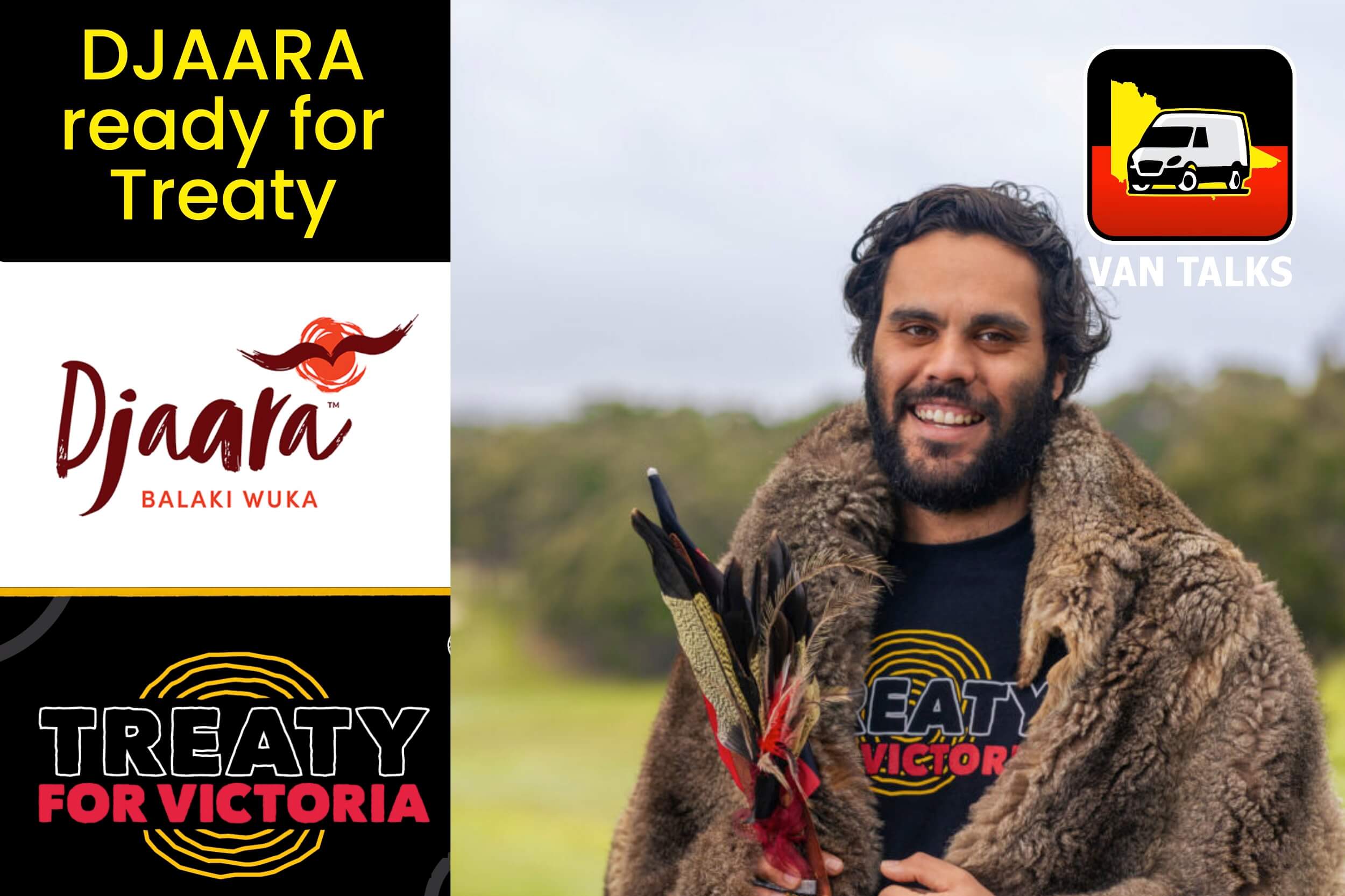
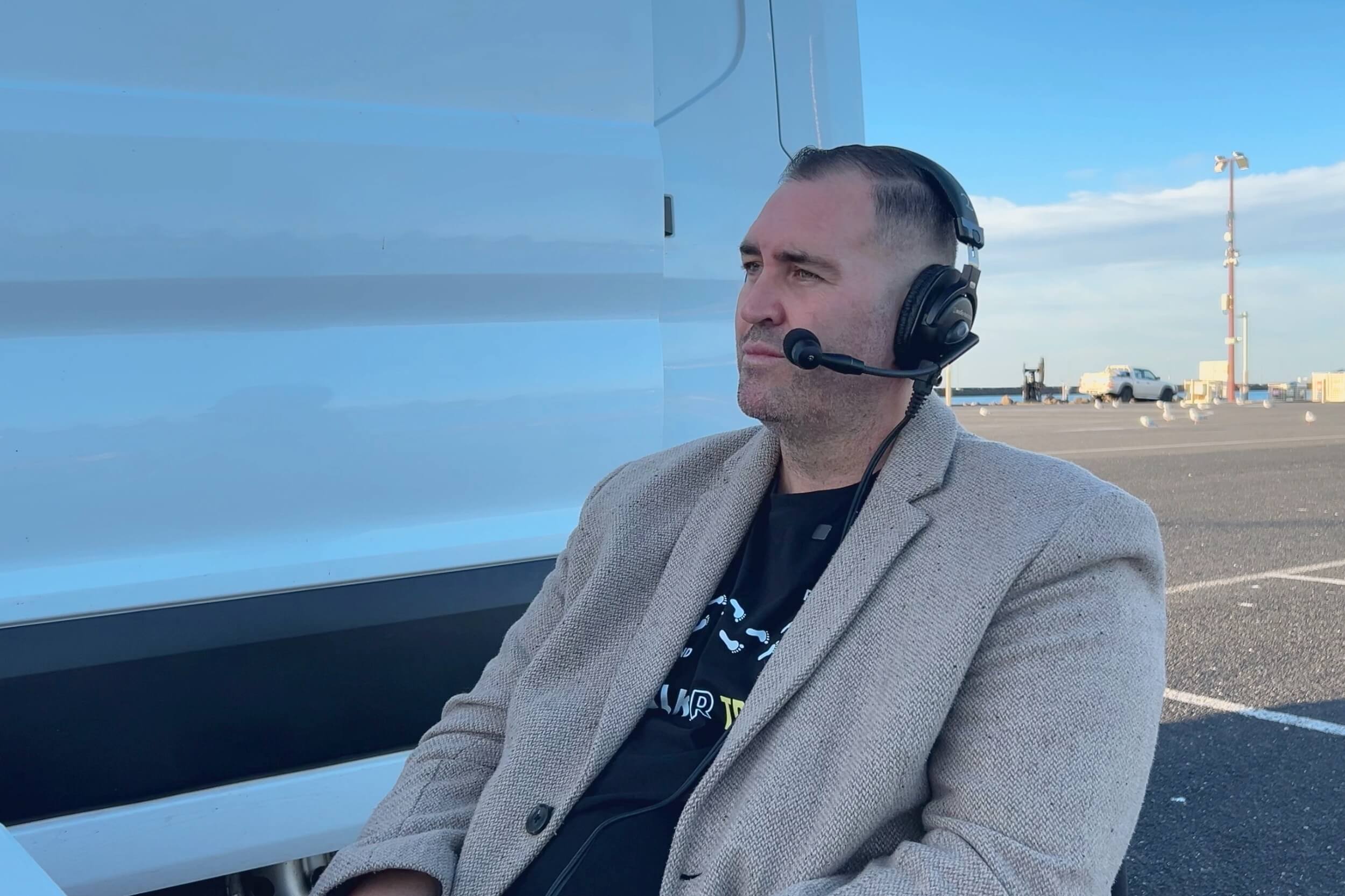
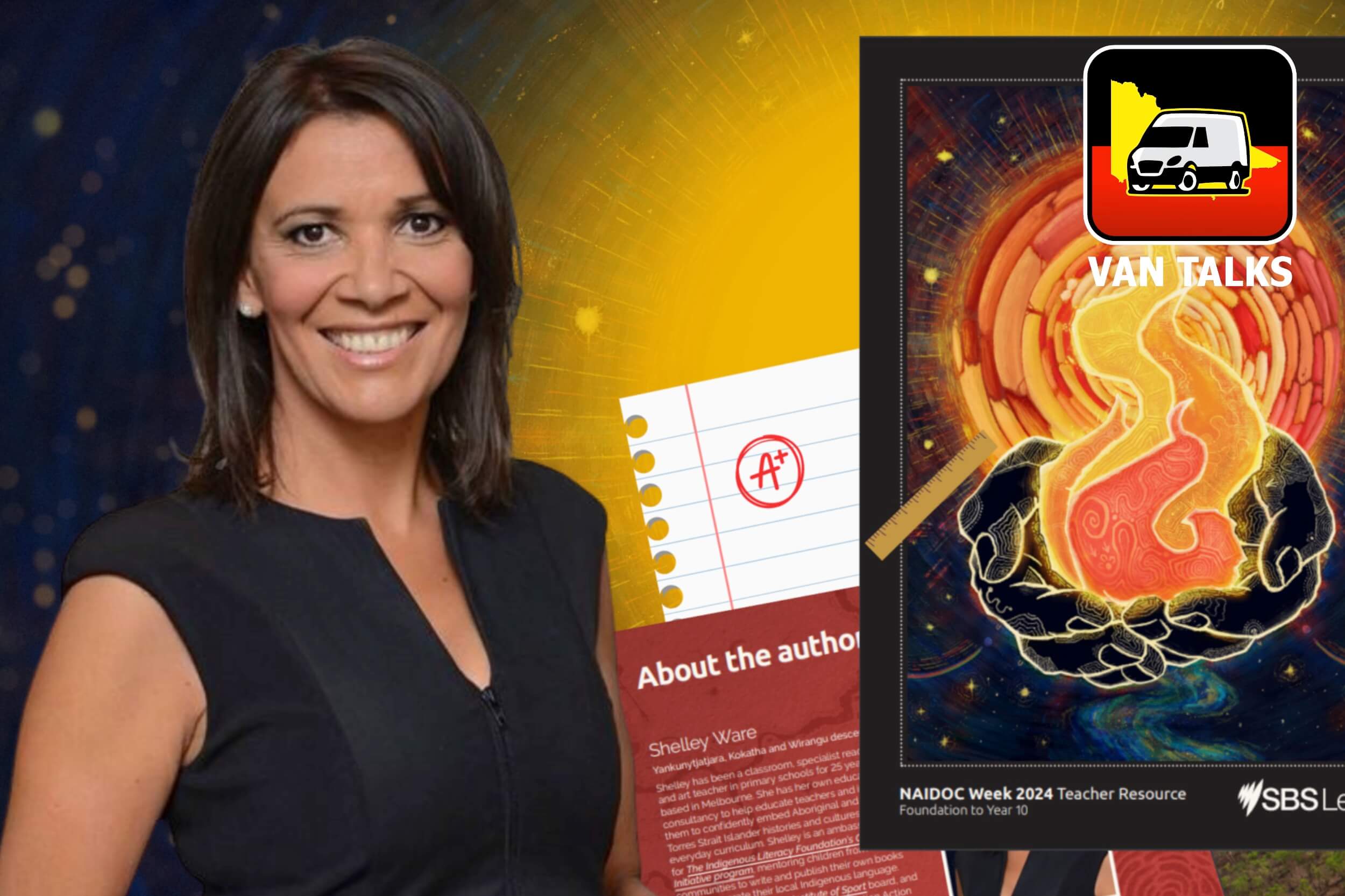
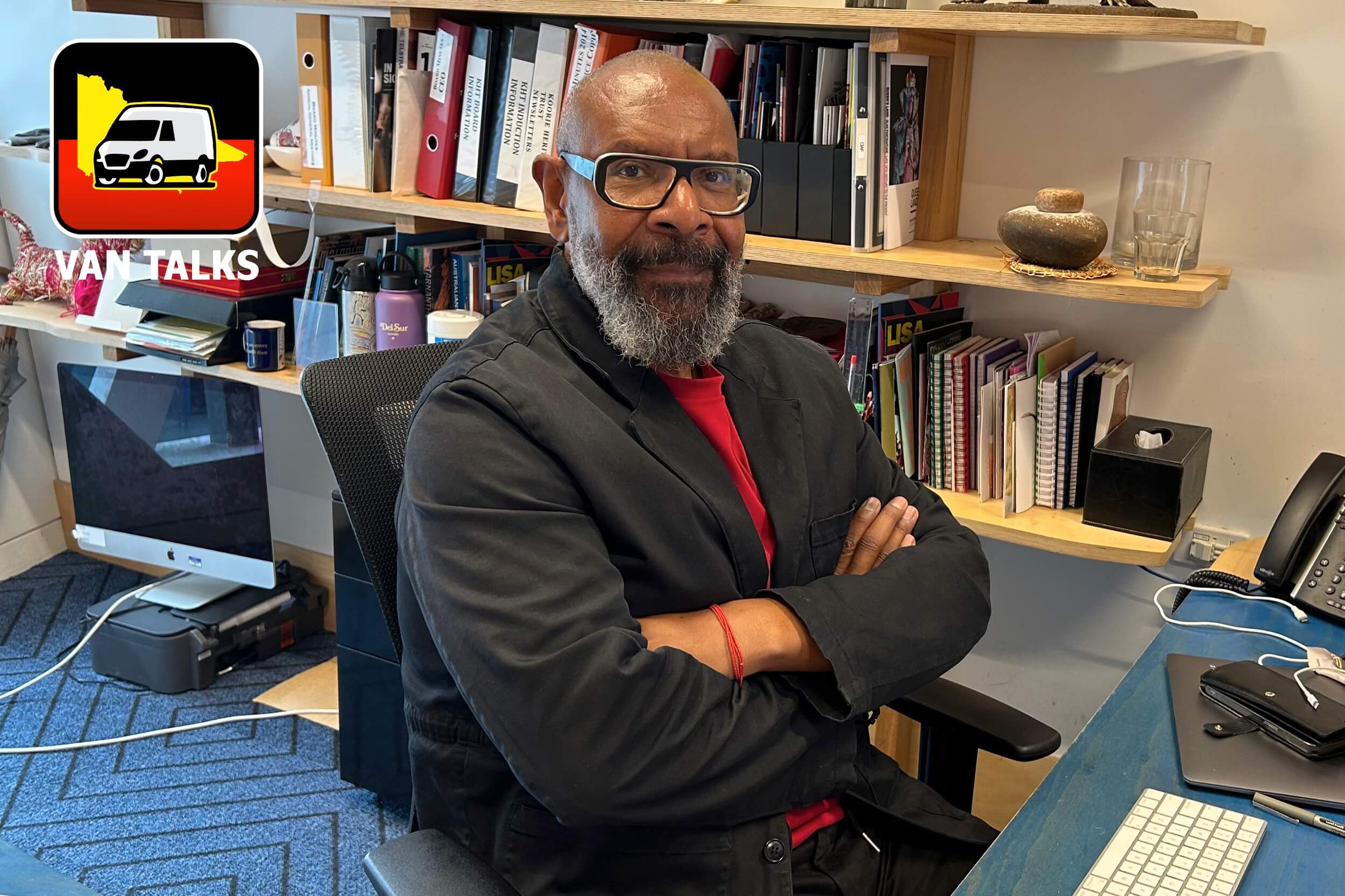
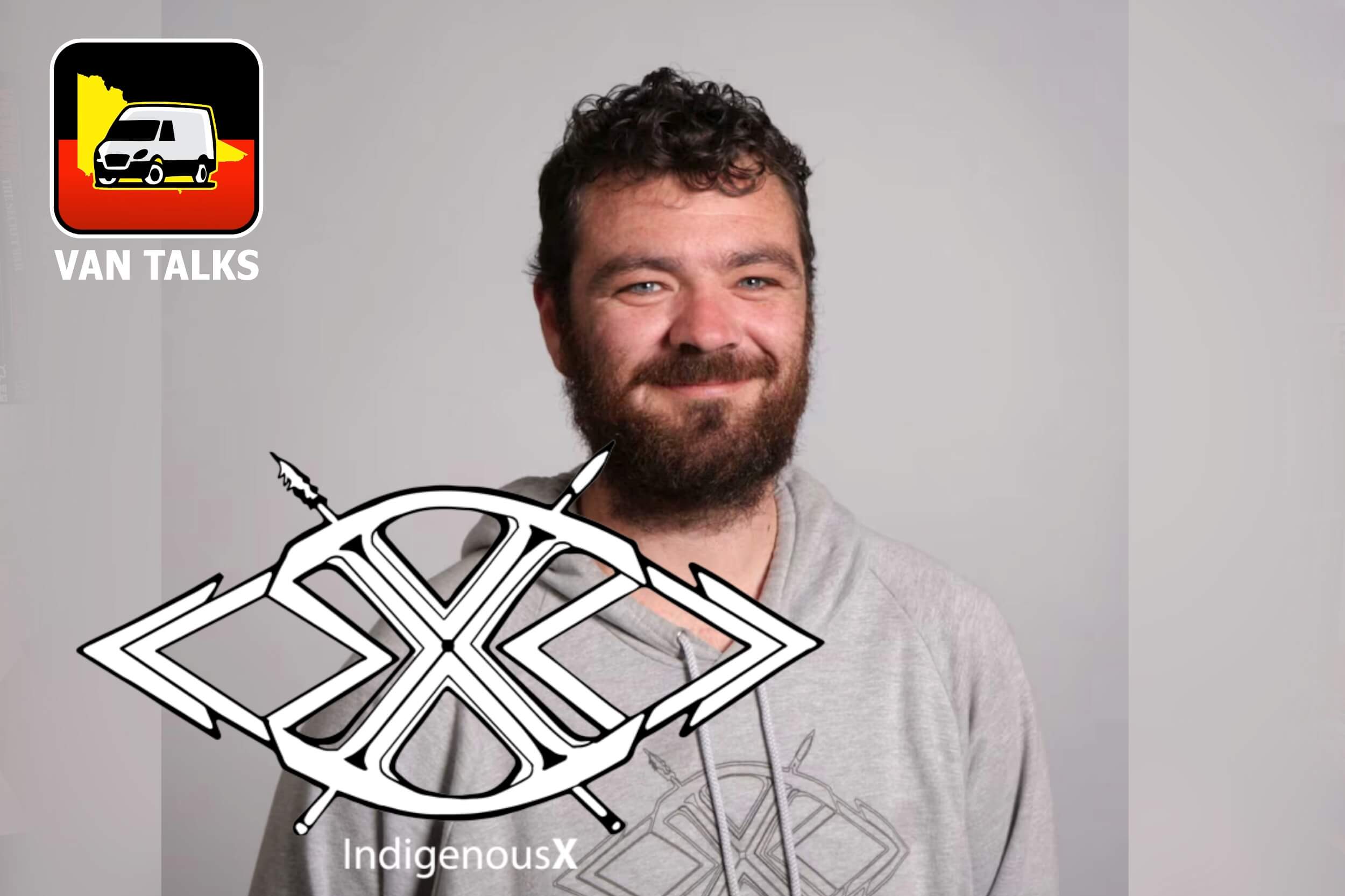

0 Comments